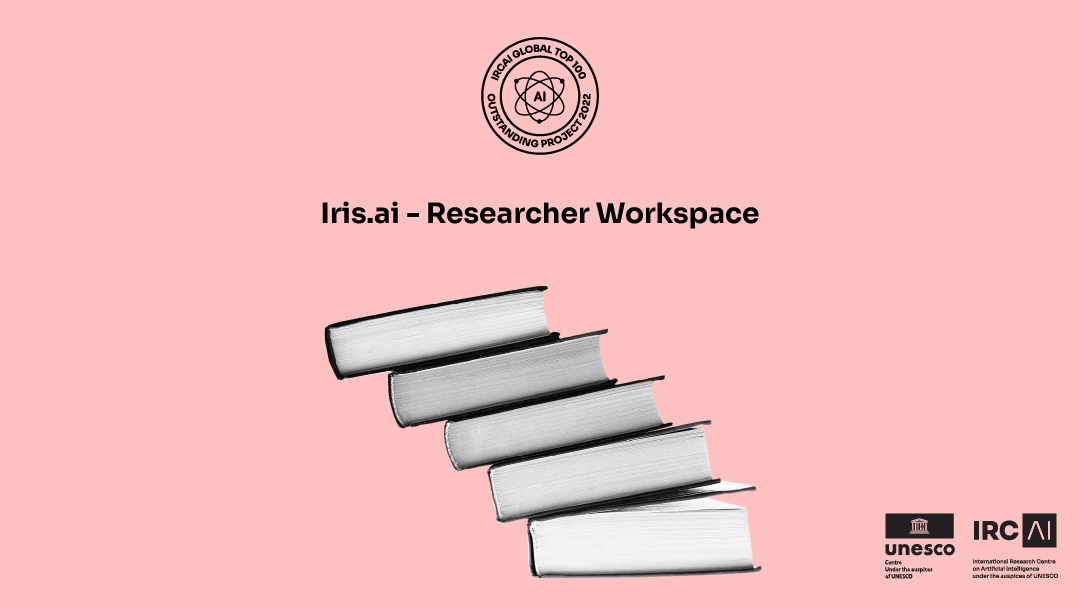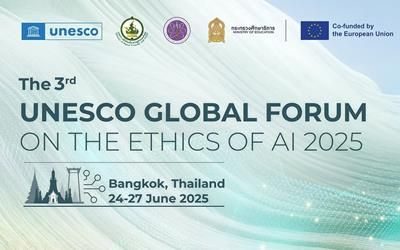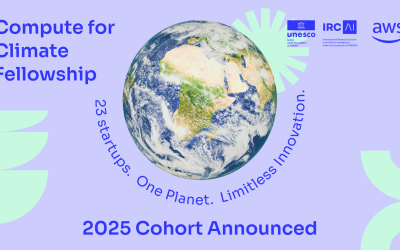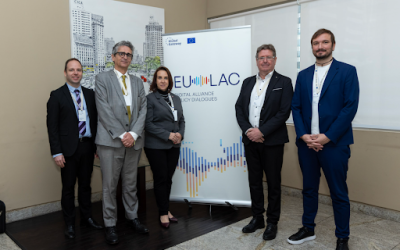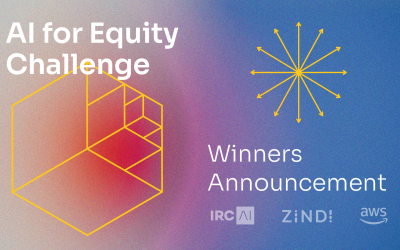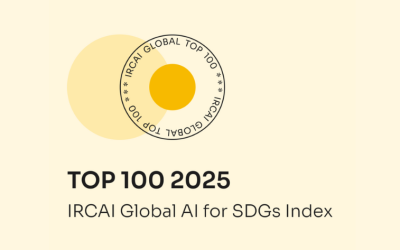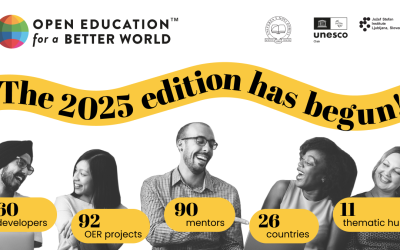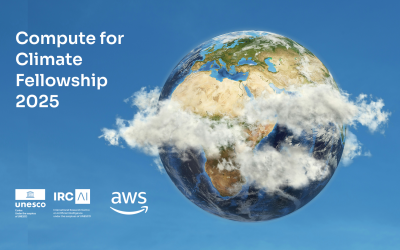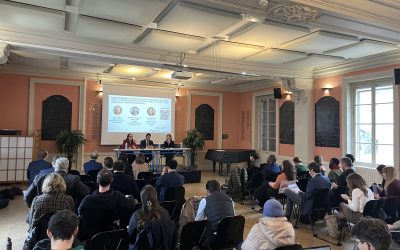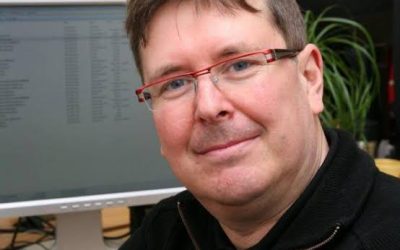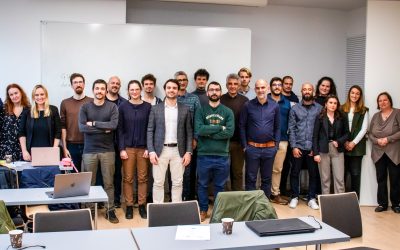After a thorough scientific, ethical, and entrepreneurial review of all projects submitted to the 2022 IRCAI Global Top 100 call, IRCAI has deemed ten submissions as “outstanding” based on their AI integrity, potential impact on the SDGs, business sustainability, and ethical design. In this article, we will shed light upon yet another of these ten projects: The “Researcher Workspace” tool by Iris.ai. Earlier this month, at our STI Forum side event, Anita Schjøll Abildgard (CEO and co-founder of Iris.ai) revealed how the “smart language models” developed by her cross-European startup can help us keep track of the new knowledge produced by researchers everyday.
A deluge of papers: The art of doing one’s readings in 2023
The number of scientific papers produced has increased by 8–9% every year over the past several decades. In the biomedical field alone, more than 1 million papers make it into the PubMed database each year. While various measures have been taken to cope with the growing volume of research, such as improved search and indexing tools, open-access initiatives and preprint servers for an early dissemination of findings, it is still impossible to keep track of and make connections between all this knowledge.
Down with the deluge: Scientific knowledge at your fingertips
“Our goal is that any individual that has a problem to solve that requires science – from climate change to secure water to education – will have every piece of scientific knowledge available at their fingertips”, explains Anita. As part of this mission, Anita and her team have been working on what they refer to as a “smart language model”. Smart language models are good at what large language models are not: tracking and sticking to scientific facts across millions of documents. Having worked on language understanding of scientific text for the past seven years, Iris.ai’s language models can efficiently accommodate growing numbers of produced papers and require no human training.
A viable business
Iris.ai’s “Researcher Workspace” tool “is currently being launched but is already revenue-generating”, notes Anita. For now, the tool is being sold to corporate, governmental and academic researchers, but the team will be releasing a new model for individuals soon too. For researchers to use the “Researcher Workspace” tool, they are asked to provide 10-20 representative documents relevant to their field of research to the Iris.ai system. Iris.ai’s machine then enlarges that from Open Access literature to a dataset of about 2000 documents. Based on that, it constructs a new vocabulary specific to the researchers’ field and reinforces itself on this new vocabulary. This provides researchers with a workspace that is well aware of their terminology.
To try out Iris.ai’s “Researcher Workspace”, follow this link. For more technical information about the use of language models in the classification of academic knowledge, Iris.ai referred us to this article on leveraging knowledge graphs to update scientific word embeddings using latent semantic imputation (LSI) and this article on the use of natural language processing (NLP) for an automatic synthesis of article content.
